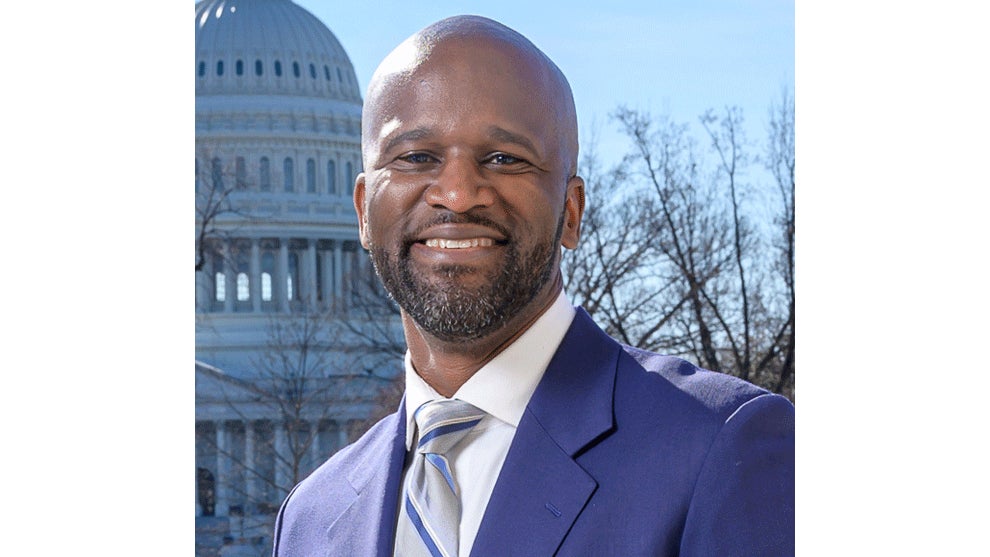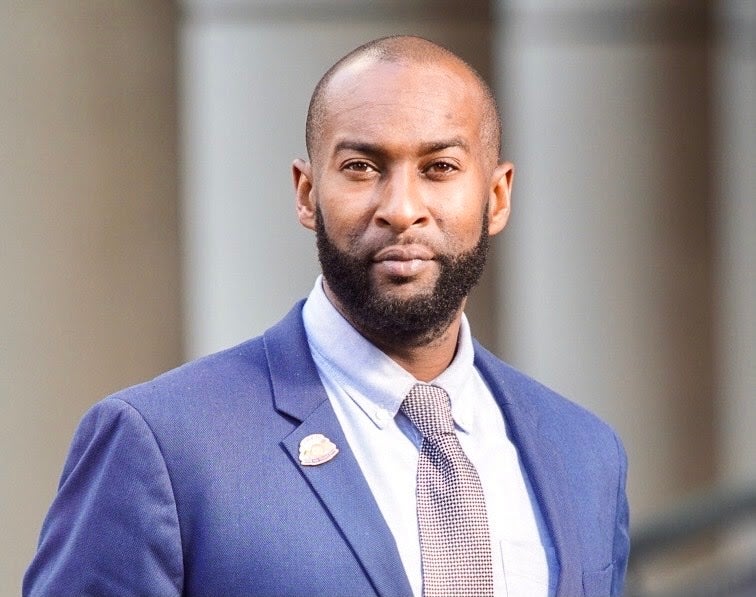Delta residents have mixed feelings about reopening of Emmett Till case
Published 9:41 am Monday, July 16, 2018
By Mississippi Today
JACKSON — David Jordan was a student at Mississippi Valley State University in Itta Bena when he pooled his money with others to purchase gasoline to drive the 30 miles to Sumner to witness the trial in September 1955 of the two men accused of brutally killing Emmett Till.
Jordan, 85, now an African American state senator whose district includes Leflore County where events leading to the brutal murder of Emmett Till originated, said witnessing the trial and the events surrounding the death of the Chicago teenager had a major impact on his life, just as it did on the nation and on the ensuing civil rights movement.
“In a sense, it all started with Emmett Till,” said Jordan, who as well as a being a politician and former educator, has for years been a civil rights leader in the Delta.
In a report to Congress in March, the Justice Department said that is would reopen the case of Till’s murder in 1955, the Associated Press reported this week.
Till, who was 14 at the time of his death, was murdered while visiting relatives in from Chicago. During the visit, Till and his cousins visited a store in Money owned by Roy and Carolyn Bryant, who said that Till grabbed her arm, put his hands on her waist and made sexually suggestive comments.
Bryant and his brother, J.W. Milam, later kidnapped Till from his relatives’ home. Days later, Till’s body was found; he had been badly beaten and shot, a cotton gin fan tied around his neck with barbed wire before he was thrown into the Tallahatchie River.
An open-casket photo of Till published in Jet magazine helped galvanize the modern civil-rights era. Roy Bryant and Milam were acquitted of the murders, but later confessed in a magazine interview.
The Justice Department report does not contain details about the new information, but did coincide with the publication of a book titled “The Blood of Emmett Till” in which Carolyn Bryant, now Donham, is quoted saying she made up parts of the story.
Jordan, D-Greenwood, in later years said he met members of the Till family, and as one of the first black elected officials in Greenwood, the largest city in Leflore County, he appeared in a documentary with some of the Till family members.
He often lectures to visitors who come to the area to learn more about Till and other aspects of the civil rights movement. Jordan said if there is new evidence, he welcomed the reopening of the case.
“It is a wonderful idea,” he said. “As a people, before we can heal, we have to remove all the infection.”
He added, “It will make us stronger as a state. But before Mississippi can become the oasis we all want it to be, we have to remove that infection.”
Johnny B. Thomas, the mayor of Glendora, echoes Jordan’s body-tissue analogy, saying that revisiting the case all these years later is akin to opening an old wound.
“I don’t know if anything else can come from it with the truth being buried and repressed for all of the time it has, and with the African-Americans never being allowed to their story,” Thomas said.
Glendora, a town of about 200, is where Till’s body was dumped into the Black Bayou 63 years ago. Thomas also has a series of YouTube videos in which he claims that his father, Henry Lee Loggins, who worked for Milam in 1955, assisted the white men in carrying out Till’s murder.
In a 2005 Chicago Tribune story, Loggins denied the claim, saying: “I wasn’t there. I know people say so, but I wasn’t there,” Loggins, who lived in Ohio then, told the paper. “I ain’t that kind of man.”
If the social order of the time could force black men to participate in the grisly killing of a boy, Thomas believes reopening the case would serve as a reminder of how heinous Jim Crow was.
“What can come from it is [a recognition] of the harshness of the Jim Crow era and the effect it had on African-Americans,” he said. “To this day you find the community where the trial was held is now reaping benefit from that murder — financially and through tourism. Communities such as Glendora who suffered in every sense of the act continue to be repressed and looked over.”
Jordan wrote about attending the trial in his book – “From the Mississippi cotton fields to the state Senate,” in which he details the fear that struck African Americans who testified against Bryant and Milam.
Jordan recalled witnessing the testimony of the funeral home director. He said the man’s “shirt was soaking wet” because he was so nervous, but he was able to explain how the identification of the body was made.
At the time, there were reports by some groups that Till had been seen in Chicago and the whole episode was staged to try to attract sympathy for the civil rights movement.
Brenda Luckett, a Clarksdale native who remembers hearing Till’s mother, Mamie Till-Mobley, speak at a national NAACP convention about two decades ago is not sure what reexamining the case would accomplish.
“I always feel like when they do these kind of things it’s trying to gloss it over… nothing really would be accomplished. It’s done. They are already dead except the one woman who claimed Emmett whistled at her,” said Luckett, who is African American.
Although Luckett wasn’t born until after the Till murder, she heard stories about it as a young child from her aunt Willa Mae Poindexter, a first cousin to Mamie.
“They always discussed how angry they were and how bad it was,” said Luckett. “[A] lot of my cousins live in Chicago. They didn’t wanna send (Emmett) to Mississippi. They knew he hadn’t been raised to act like Mississippi boys would act,” said Luckett. “As a child, I didn’t put it together until then.”
Carolyn Bryant, whose accusation that 14-year-old Emmett Till flirted with her prompted the boy’s kidnapping and murder.
For Carolyn Bryant to seemingly clear her conscious decades later to a writer is “just a spit in the face of justice,” Luckett said.
“I think (reopening the case) is white folks doing to appease their own conscience. … I think it just does something to appease the conscious of Mississippi. To make Mississippi look good. Mississippi always knew it was a crime. The state of Mississippi covered it up and protected the murderers,” Luckett said.
She added: “To have the feds come in all these years later and try to clean up our mess, I don’t like it. A long time ago, we should’ve took a stance. … I don’t think there’s too much to be done. It’s a symbolic gesture of justice that they would at least try.”





